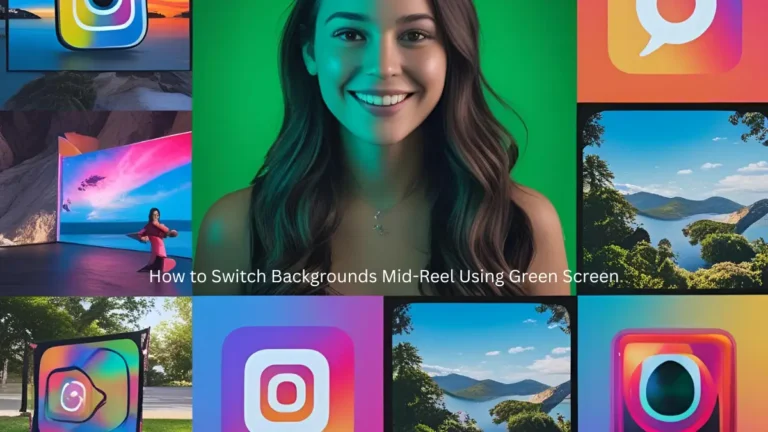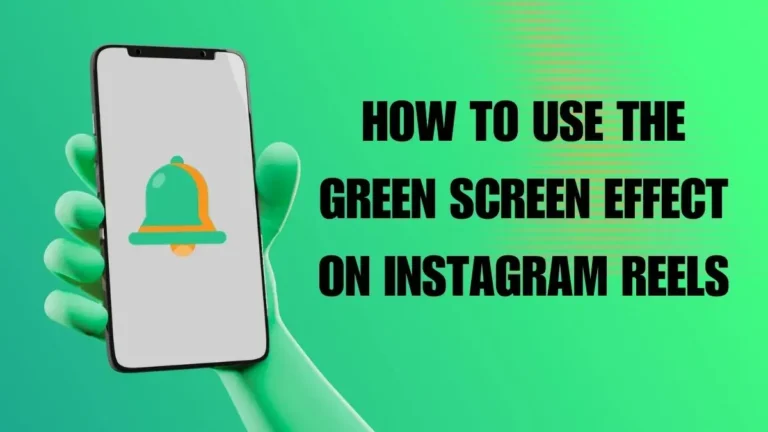MQL and SQL, Several businesses are eager to boost up their sales but are unable to choose the right path towards the new prospects. Thus, this article focuses on understanding the different types of leads possible according to the particular company’s process. For perceiving more about the latest clone application developments.
When you are preparing to begin a new marketing campaign and add new contacts to your customer database, make sure you segment them based on particular criteria. To manage the segments according to the people at the top to bottom of your funnel. The clients have indicated an interest in your services, but they don’t have the confidence to connect with your brand.
To gain trust and find more clients, we propose that you work to improve and strengthen your company’s reputation. The more successful examples you have, the more likely prospects are to trust your brand. Develop trust and educate your visitors by providing valuable information on your website that they can immediately implement and see results from. Therefore, to understand this process, you have to get a piece of proper knowledge about the following terms properly.
Types of Leads
Different sorts of leads are used in sales and marketing, and each one is characterized differently. Some of the types of leads that are considered to be engaged in the business are Normal Leads, Hot Lead, Cold Lead, Warm Lead, Information qualified Lead, Sales qualified leads, Marketing qualified Leads, and many more.
- Typical Leads
Typical leads are potential consumers who are not interested in a specific product or service. They are considered frequent prospects who may become customers in the future. When compared to the other types of leads, these users are easy to classify. They are merely casual internet users who surf the internet aimlessly. They will likely return to the website in the future to look for a particular product they saw there. However, this is only a possibility that cannot be ruled out.
- Marketing Qualified Leads (MQL)
People who have done any of these activities, whether it’s watching videos, attending a webinar, blogging, or downloading e-books, are referred to as marketing qualified leads. Because certain leads are prompted by marketing, they are referred to as market-qualified leads or MQL. However, these people have taken action as a result of the publicity and agitation. They might be interested but yet be a long way from making a purchase.
Moreover, it is not very difficult to identify the MQL. For example, when a person visiting your website exchanges personal information for more information about a particular section. When your marketing methods drive a user to visit your site several times to acquire information about a proposition, this is an instance. Other than these, MQL might include mailing lists, asking questions in a live chat, signing up for courses, and clicking on advertising.
- Sales qualified leads (SQL)
A scenario in which the individual has turned into two prospective consumers, indicating that there is a probability he will be converted into a sale. Although this may not happen right away, it has a possibility of happening sooner or later. When leads reach the decision stage, they are referred to as SQL.
Generally, the consideration for purchase is defined as sale qualified lead. Paying attention to the movement of the client is an easy method to spot this type of lead. These individuals may return to the price page multiple times. Even sales-qualified leads demonstrate their interest in a sales demo.
What is the difference?
Till now, we tried to understand the information on three different categories of leads. Let us have a look at how they vary. However, Typical Leads are mostly recognized as someone just aimlessly browsing through the website as if there is anything that interests the person but cannot find anything in particular.
Whereas, the difference between the MQL and SQL could be considered as follows:
- MQL is likewise in the middle of the funnel, but sales-qualified leads are significantly more likely to buy from you than MQLs. A marketing qualified lead is someone interested in your offer and wants to learn more about it, whereas a SQL is someone ready to buy.
- To put it another way, the major difference between them is your potential consumers’ desire to spend money on your items or services. Curiosity is just an indication that you are dealing with MQL, whereas pondering a purchase is a clue that you are dealing with SQL.
- Furthermore, it should be noted that not all SQLs become customers; some may leave at any time. Finding a less expensive or simpler solution might be one of the causes. However, the odds of SQLs progressing down your funnel are still very good.
Understanding with an example
MQL and SQL, An illustration including its differences between Typical Leads, MQLs, and SQLs could be described as:
- Consider a person visiting an online store with a variety of items. They are typical/normal leads if they don’t seem to be interested in anything in particular. Maybe one day they’ll return for a product they saw in the shop, but for now, they’re just looking around.
- On the other hand, when MQL visits an online shop frequently, they are looking for particular products or reading blog entries that are relevant to their search. However, it is yet unclear whether they will purchase the goods at this time.
- Finally, via a live chat, the person at the web store may ask direct inquiries about a specific product or its pricing. They might also be putting goods in the shopping basket, indicating that they are SQL.
Conclusion
To Conclude, some organizations may give quality leads for purchase. However, it is preferable to expand your customer base organically. In addition, sales-qualified leads (SQL) must be managed with extra caution to obtain the best deals and convert leads into genuine customers. Therefore, be wary of pre-made lead lists, as they frequently contain irrelevant connections.
Also read about: How to Learn and Excel as an Azure Architect




